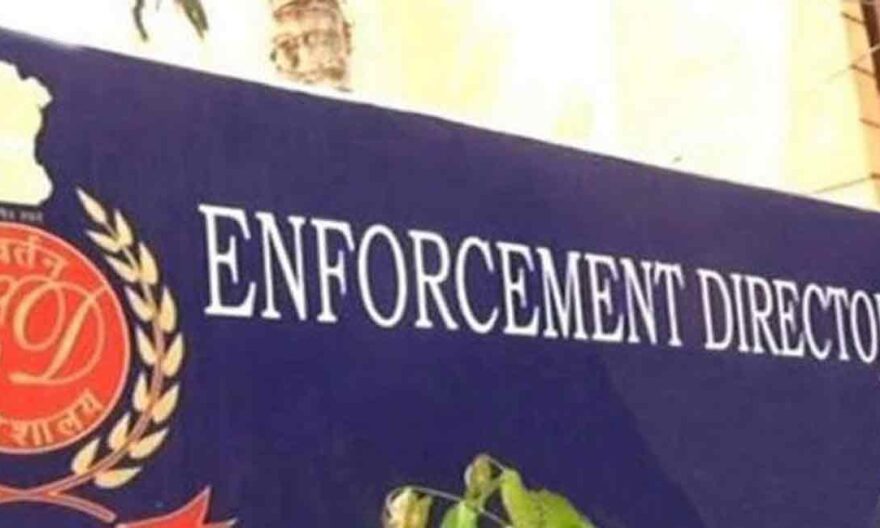
A Delhi court criticized the Enforcement Directorate (ED), stating that it must adhere to the law and cannot intimidate ordinary citizens. The court reprimanded the ED for using Section 50 of the Prevention of Money Laundering Act, 2002, to question doctors from private hospitals to oppose extending bail for an accused.
Judge Vishal Gogne emphasized that there was no valid reason for the ED to subject these doctors to such a strict process without any evidence linking them to the money laundering allegations against the accused.
Citizens’ Rights Emphasized
The court highlighted the importance of citizens’ rights in a democracy like India, stating that the state cannot assert authority over citizens who are expected to fulfill their duties without reciprocation from the government. Judge Gogne emphasized that the ED, as an agency accountable to the law and the courts, cannot assume excessive powers. He noted that while government agencies are supposed to protect civil rights, the court will not tolerate unjust actions by the ED.
Warning Against Abuse of Power
The judge cautioned that powerful leaders, laws, and agencies often end up harming the very citizens they promise to safeguard. He noted that laws, once enforced aggressively against specific targets, are later accused of being misused against ordinary people.
The recent use of Section 50 of the PMLA by the ED against law-abiding doctors exemplifies this trend. The court stressed the importance of preventing such misuse of strict laws by investigative agencies, which must be closely monitored by the courts.
Justice for the Accused
The court emphasized that citizens’ rights should prevail over any excessive actions by the ED. These remarks were made in a court order issued on April 30 in a case involving businessman Amit Katyal, who sought an extension of his interim bail.
Katyal is accused of involvement in a scam related to land for railway jobs with the family members of former railways minister Lalu Prasad Yadav. His lawyers objected strongly to the ED questioning doctors from Apollo and Medanta Hospitals, where Katyal underwent a surgery, after he was granted interim bail on February 5, 2024.
Privacy Concerns Addressed
It was argued that the ED’s actions not only breached the limits set by Section 50 PMLA but also intruded on the accused’s right to medical privacy. While denying Katyal’s request for extended bail, the Court criticized the ED’s behavior. Judge Gogne clarified that Section 50 PMLA doesn’t apply to verifying medical documents for interim bail.
The Court noted the ED’s avoidance of questioning government hospital doctors under Section 50, raising questions about its selective use. Regarding the privacy violation, the Court didn’t reach a final decision but suggested that the ED’s actions would have been better if carried out under court supervision.
The Court instructed copies of the order to be sent to relevant authorities for awareness.
Read More: Supreme Court, Delhi High Court, States High Court, Other Courts, International




